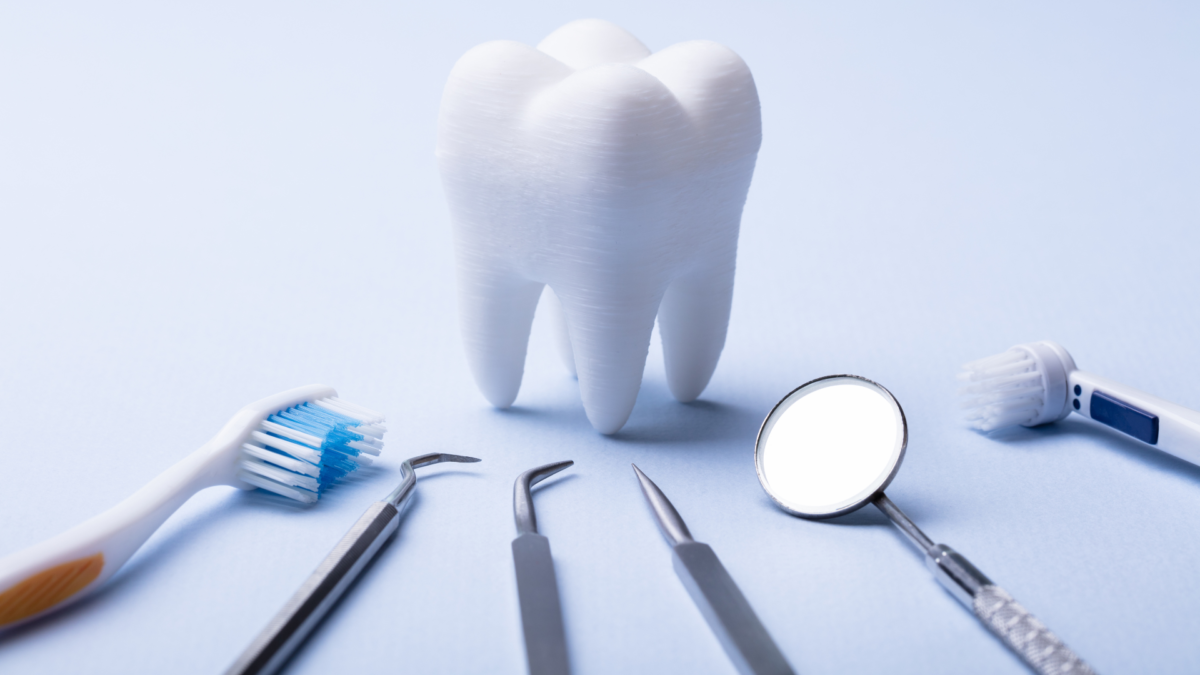Dental Implant: A Permanent Solution for Missing Teeth

Dental Implant: Everything You Need to Know
Dental implant are a revolutionary option for missing teeth, offering a long-lasting and aesthetically acceptable alternative to standard dentures or bridges. These implants, often composed of titanium or ceramic materials, provide a permanent repair that resembles the appearance and function of natural teeth.
Types of Dental Implant
- Titanium implants are the most popular type of dental implants. Titanium is well-known for its high strength, durability, and biocompatibility. It is frequently employed in a variety of medical treatments, including dental implants and joint replacements. Titanium implants are composed of various components (implant, abutment, and crown), which may necessitate repeated surgeries to put. Zirconia (Ceramic) implants: These are newer and offer a metal-free alternative, making them appropriate for those with metal allergies or sensitivities.
- Ceramic implants are aesthetically pleasing because they match the natural tooth color and are very resistant to corrosion. They are usually a single-piece design, which simplifies the implantation process.
Pros and Cons of Ceramic Implant.
Pros:
- Aesthetic Appeal: Ceramic implants mix in with natural teeth, creating a more appealing appearance.
- Biocompatibility: They are an ideal choice for folks who are metal sensitive.
- Corrosion Resistance: Ceramic, unlike metal, does not corrode with time.
- Simplified Procedure: The single-piece design may make the implantation process more straightforward.
- Cons: Cost: Ceramic implants are typically more expensive than titanium implants.
- Durability Concerns: Although ceramic implants are durable, they have less flexibility than titanium implants, rendering them more prone to fracture under certain loads.
- Limited Long-Term Data: As ceramic implants are relatively new, there is limited long-term study on their durability.
Maintenance and Care
Regular oral hygiene habits similar to those for natural teeth are required to keep dental implants in good condition. Brushing & flossing: Brushing and flossing on a regular basis is vital for preventing plaque development and extending the life of the implants.
Avoiding Stain-Causing Substances: Reducing your use of coffee, wine, and other dark-colored beverages can help prevent discoloration. Despite being stain-resistant, the bonding material around the implants may nevertheless discolor with time. Professional cleanings: Regular dental exams and professional cleanings are critical for maintaining both the implants and the surrounding natural teeth. Suitable for diverse age groups.
Dental implants are appropriate for adults of any age, even elderly. They offer substantial advantages, such as increased chewing ability, better cosmetic outcomes, and a lower risk of infection and subsequent tooth decay. Dental implants can significantly improve the quality of life for elderly persons by restoring their ability to eat comfortably and smile boldly.
Conclusion
Dental implants, whether titanium or ceramic, provide a durable and long-lasting option for tooth loss. They not only restore functioning, but also improve the aesthetics of your smile. Dental implants, with proper care and maintenance, can last for decades, making them a great investment for anyone wishing to improve their dental health and general quality of life.


